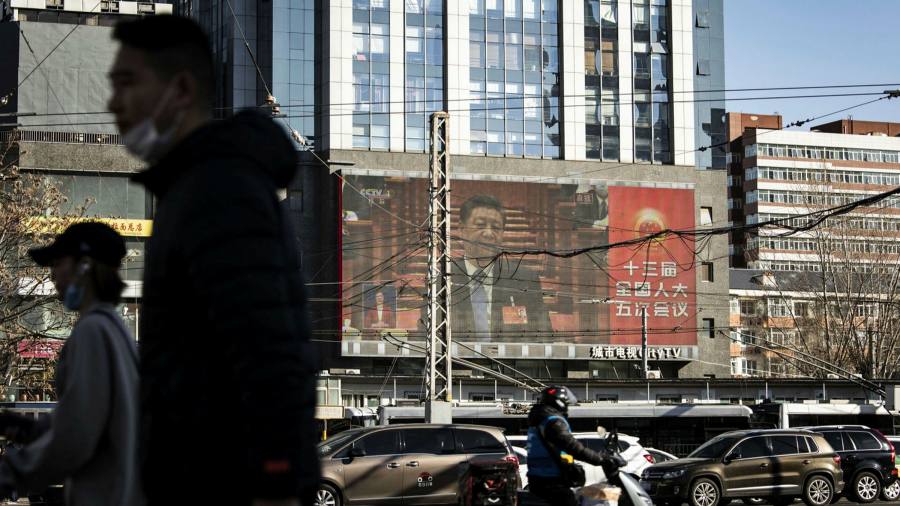South Korea’s suspended President Yoon Suk Yeol was arrested on Wednesday morning following a predawn raid by police and investigators on his fortified hilltop compound.
Yoon’s detention followed a six-hour stand-off between law enforcement officials and members of the president’s security detail. It is the first time in South Korea’s history that a sitting president has been arrested.
The development marks the latest twist in a political crisis that was triggered by his failed attempt to impose martial law last month, and which has shaken confidence in the democratic integrity of Asia’s fourth-largest economy.
Yoon was suspended from his duties after he was impeached by parliament in December following his attempt to impose martial law. The country is currently being led by finance minister Choi Sang-mok as acting president.
The operation on Wednesday, which began shortly after 4am, was the second attempt this month by the CIO to detain Yoon for questioning on insurrection and abuse of office charges.
An initial effort earlier this month was foiled by Yoon’s protection officers following a tense hours-long stand-off at the presidential residence. Yoon had previously refused to comply with investigators and had challenged their authority to bring him in for questioning.
“The rule of law has completely collapsed in this country,” Yoon said in a video statement recorded before his transfer to the headquarters of the country’s Corruption Investigation Office for questioning. “I’ve decided to appear for CIO questioning in order to prevent any bloodshed.”
According to South Korea’s state-owned news agency Yonhap, police and officials from the CIO arrived at the compound early on Wednesday and presented a warrant for Yoon’s arrest but were again initially prevented from entering by the Presidential Security Service.
Yonhap also reported that about 30 lawmakers from Yoon’s conservative People Power party were at the compound and attempting to prevent officials from entering it.
But with hundreds of police gathered outside, some of them equipped with ladders and wire cutters to overcome barricades erected by Yoon’s protection officers, CIO officials were eventually allowed to enter the residence.
Yoon’s lawyers initially attempted to broker a deal whereby he would surrender voluntarily for questioning. But this was not accepted by CIO officials, and he was eventually arrested just after 10.30am and transferred to the investigative agency’s headquarters.
“Yoon’s arrest is the first step towards restoring our constitutional order,” said Park Chan-dae, floor leader of the leftwing opposition Democratic Party of Korea. “It underlines that justice is still alive.”
While Yoon’s powers have been transferred to Choi as acting president, he remains South Korea’s head of state while the country’s Constitutional Court deliberates on whether to approve his impeachment or reinstate him in office.
The court held its first formal hearing into Yoon’s impeachment on Tuesday, but the session was adjourned after four minutes because the suspended president declined to attend, citing concerns for his personal safety.
The efforts by the CIO and police to detain Yoon for questioning relates to a separate, criminal process connected to his failed imposition of martial law. Yoon’s lawyers insist the CIO has no standing to pursue criminal insurrection charges against him.





















/cdn.vox-cdn.com/uploads/chorus_asset/file/25822586/STK169_ZUCKERBERG_MAGA_STKS491_CVIRGINIA_A.jpg)

/cdn.vox-cdn.com/uploads/chorus_asset/file/25821992/videoframe_720397.png)



